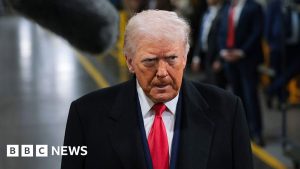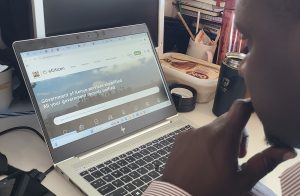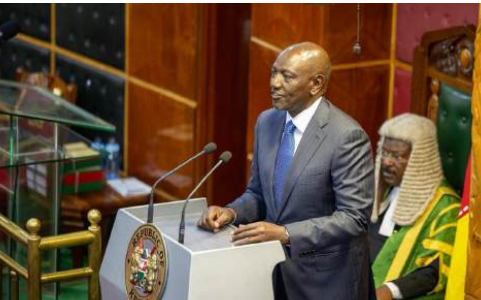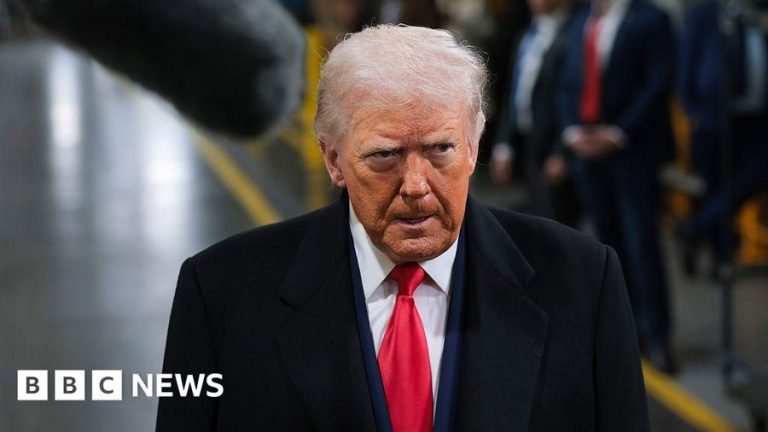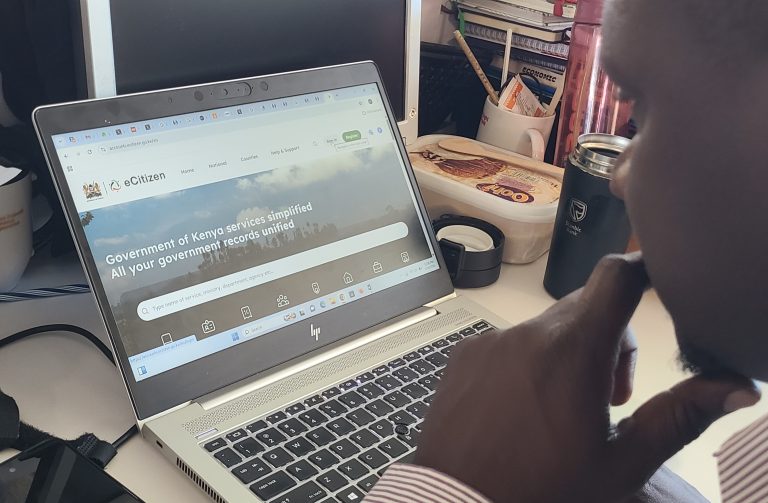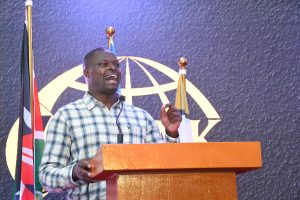A drop in the cost of living, manageable national debt, lower fuel prices and stable shilling is how President William Ruto summarised his economic reforms in the past three years in his third State of The Nation address.
Ruto reminded the National Assembly of how the previous government was forced to turn to costly and unsustainable subsidies to save Kenyans from the high cost of basic commodities as inflation hit near double-digit.
“At a time like this in 2022, Kenya was in distress. Inflation had soared to almost double digits. A fuel shortage threatened to paralyse our economy as oil marketers struggled to access dollars,’’ he said.
“The shilling was in free fall, with foreign reserves hitting historic lows. Debt service consumed more than half of our revenues. Confidence, both local and foreign, had waned. International analysts warned that it was no longer a question of if, but when Kenya would default. Within that context, we acted.”
Ruto said that his government has since placed the economy on a path of recovery and sustainability, with inflation falling from a high of 9.6 per cent to 4.6 per cent as of last month, bringing much-needed relief to households.
According to him, the cost of basic household commodities has dropped significantly, with a 2-kg packet of maize flour currently retailing below Sh150, down from a high of Sh200 before his government took power.
He hailed his government’s sound forex policies that have seen the shilling held stable at Sh129 against the US dollar for the past two years, easing both the cost of doing business for importers while passing the gains to consumers.
The country’s foreign reserves have surpassed $12 billion, the highest in history.
On debt management, Ruto outlined how his regime helped the country dodge a potential debt default that could have sunk the country into economic turmoil.
Kenya successfully averted a potential sovereign debt default on its $2 billion Eurobond that matured in June 2024 by proactively refinancing the debt and settling the final payment ahead of schedule.
This action, part of a broader debt management strategy, provided the country with breathing room and boosted investor confidence.
This has seen international credit rating firms upgrade the country’s long-term sovereign rating, with Standard & Poor’s (S&P) recently assigning the country a B with a stable outlook.
The agency said the move reflects reduced short-term external liquidity risks.
“Robust export earnings and diaspora remittances have strengthened Kenya’s foreign exchange (FX) reserve position, helping to ease liquidity risks related to high external imbalances,” S&P said.
The head of state was quick to remind MPs of the country’s upgraded economic status as the sixth largest on the continent with a gross GDP of $136 billion (Sh17.7 trillion), up from position eight when he took power.
“This steep rise, ladies and gentlemen, is not accidental. It is the product of deliberate choices, disciplined execution and strategic reforms that have strengthened our economy and unlocked its potential.”
He cited J.P. Morgan, Standard Chartered and Goldman Sachs, which have projected that Kenya’s economy will expand by between 5 and 5.8 per cent in 2026.
“This confidence is anchored in solid fundamentals, lower credit costs, rising exports, improved household spending driven by low inflation and a broadly stable macroeconomic environment.”
On capital markets, Ruto hailed the Nairobi Securities Exchange for recording a powerful resurgence to be recognised as one of the best-performing emerging markets globally.
“Since January 2025, investor wealth has grown by over Sh1 trillion, driven by a broad share price rally that has re-established the NSE as a premier asset class.”
He said that the country’s foreign direct investments have more than tripled, reflecting the renewed confidence and improved ease of doing business.
by VICTOR AMADALA


